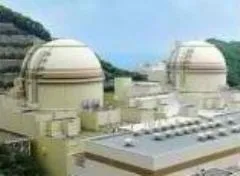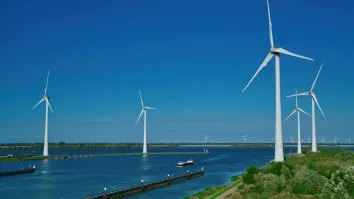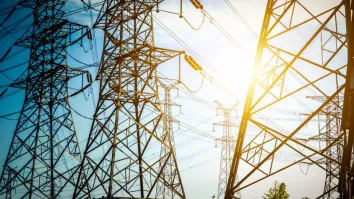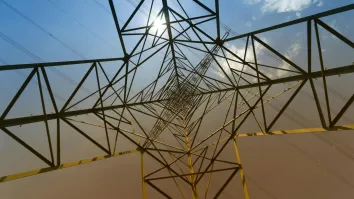
Japan’s nuclear “stress tests” get UN nod
The United Nations says Japan’s nuclear reactors are safe but . . .
A team of nuclear experts from the UN’s International Atomic Energy Agency (IAEA) said Japan’s nuclear reactors were safe enough but left it to the government and the nuclear industry to decide whether the plants themselves are safe.
The IAEA team spent a week studying the nuclear safety reviews ordered by the Japanese government after the meltdowns at the Fukushima Daiichi power plant following the massive tsunami of March 11, 2011.
They toured the Ohi nuclear power plant in Fukui prefecture in western Japan, the first to have completed the government's stress tests aimed at predicting how the facilities would cope with natural disasters.
The stress tests are computer simulations of how reactors would withstand massive shocks such as the magnitude 9.0 earthquake and tsunami that wrecked Japan's northeast last year. The government ordered the stress tests to overcome public opposition to restarting of reactors taken offline for regular checks.
The IAEA team also recommended Japanese regulators improve communication with the residents around the plants and address plans for dealing with severe accidents more comprehensively in the wake of the worst nuclear accident since Chernobyl.
Nuclear power provided about a third of Japan's electricity before the Fukushima incident. The disaster triggered a widespread rethinking of the industry, and all but three of Japan's 17 nuclear plants have been taken offline since then.



















 Advertise
Advertise







